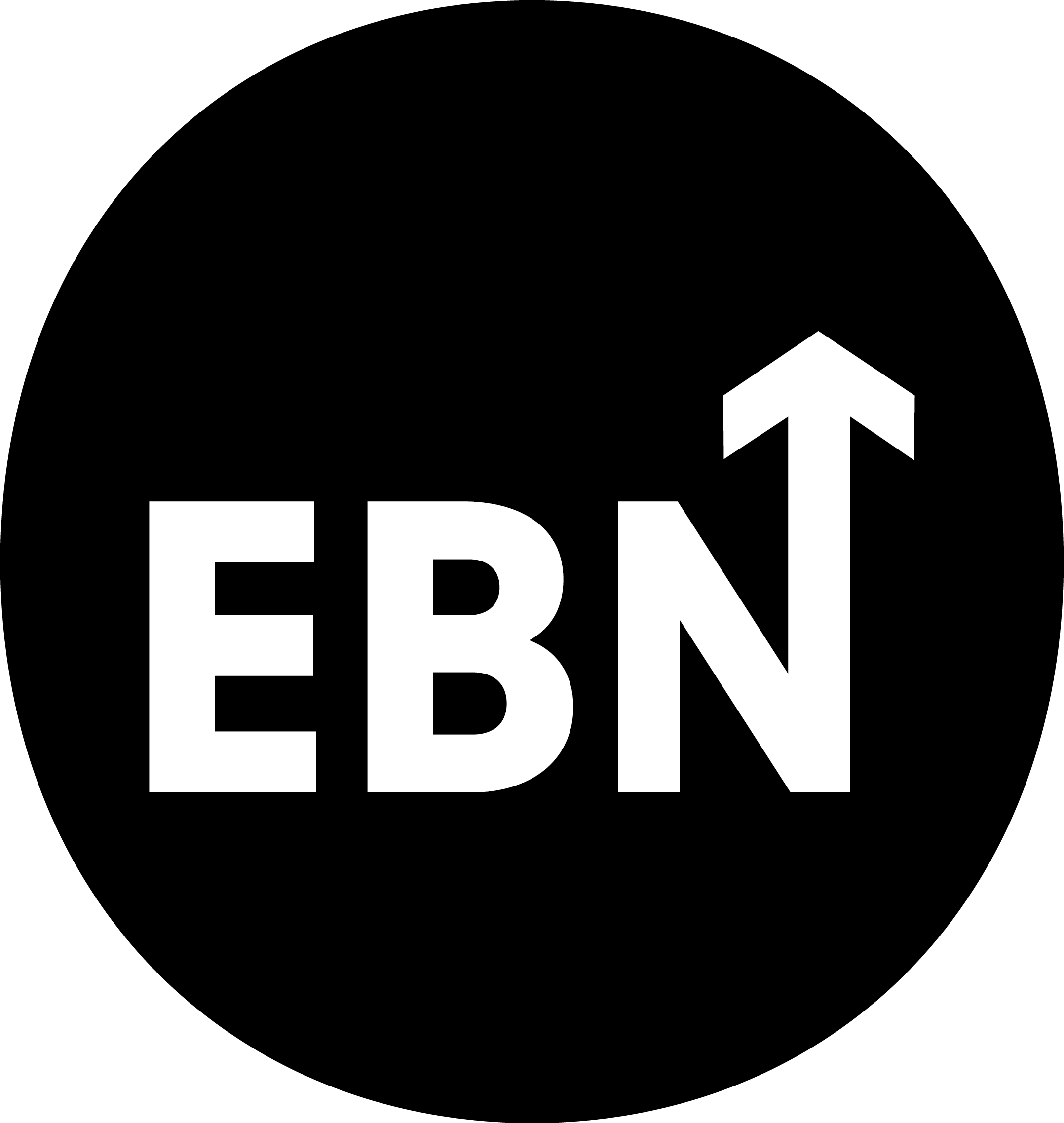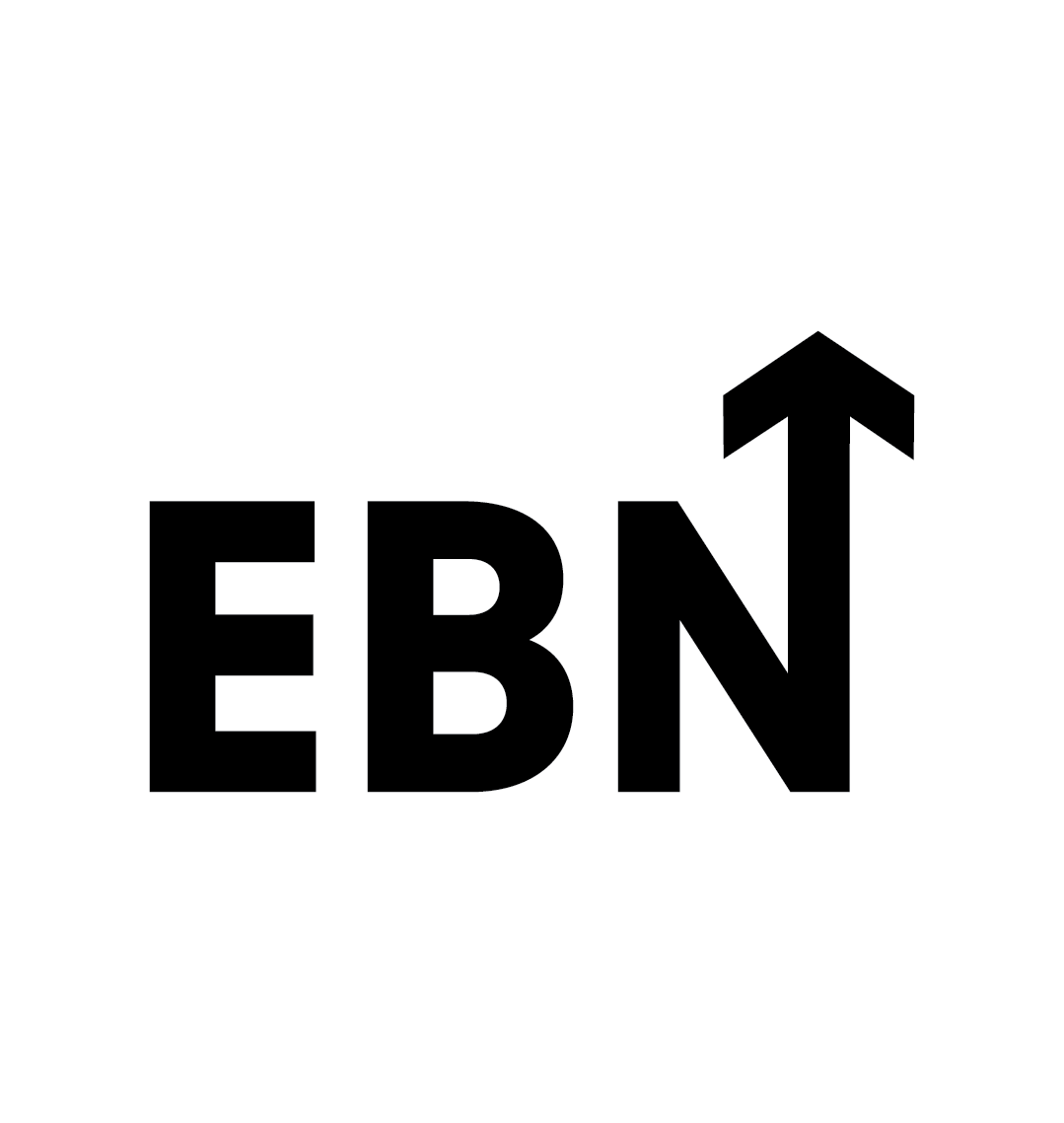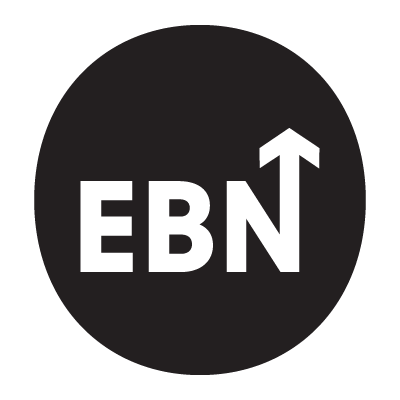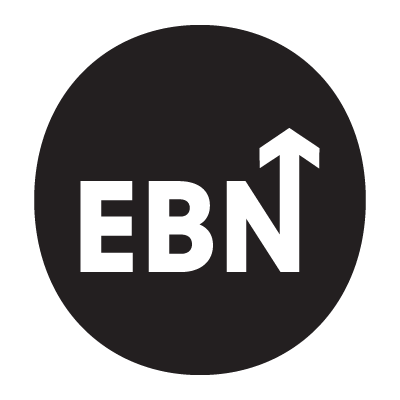The Seat Time Mirage: When Showing Up Replaces Shaping Results
Donald Trump’s recent vow to fire federal employees who refuse to return to the office isn’t just a political promise—it’s a philosophical tug-of-war. At the heart of it? The persistent illusion that presence equals productivity.
For decades, we’ve conflated being seen with being effective. Remote work shattered that myth. Research consistently shows that remote employees, when trusted and equipped, outperform their office-bound peers. So why the stubborn resistance to flexibility? Because old habits die hard, and trust is harder.
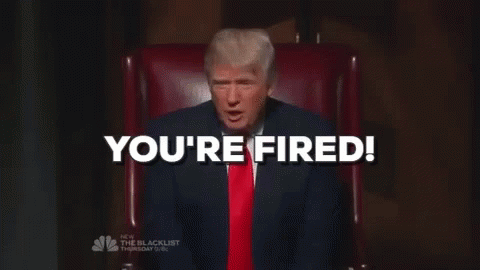
Flexibility: The Talent Magnet You Can’t Afford to Ignore
Top talent knows their worth, and they want options. Flexibility isn’t a perk anymore; it’s a necessity. A McKinsey report revealed that 87% of employees jump at the chance to work remotely when offered. Take it away, and the message is clear: we value control over trust.
Momentum isn’t always progress, especially when you always end up back where you started.
Fathom helps you escape the loop. With insight, not intuition.
Spotify’s Work From Anywhere strategy is a prime example of flexibility done right. By empowering employees to choose where and how they work, they’ve not only retained top talent but also strengthened their employer brand.

This isn’t just about federal employees. It’s about every organization deciding whether they’ll be the employer of choice or the relic left behind. Forced returns risk alienating talent and tanking retention. Flexibility, on the other hand? It’s the ultimate magnet for top performers.
The Great Trust Gap: Is Management Stuck in the 1990s?
Here’s the uncomfortable truth: remote work exposes weak management. Leaders who measure success by attendance are often masking their inability to measure outcomes.
If you need your team in the office to know they’re working, the problem isn’t them—it’s how you lead.
Strong managers focus on results, outcomes, and impact, not chair occupancy. It’s time to redefine what accountability looks like in the modern workplace.
Optics Over Outcomes: When Office Mandates Damage Employer Branding
Picture this: your company demands a return to the office. Your competitors embrace hybrid or remote work. Which organization looks more innovative, more progressive, and—let’s face it—more appealing to job seekers?
Rigid return-to-office mandates scream one thing:
We don’t trust you.
And when trust crumbles, so does your employer brand. Talent flocks to leaders who measure performance by what’s delivered, not where it’s delivered from.
Federal Workers as the Canary in the Coal Mine
Trump’s hardline stance puts federal workers in the spotlight, but this debate is far from unique. Forced returns breed resentment, kill morale, and spark a mass exodus. Sound familiar? It’s the same trap companies fall into when they cling to outdated attendance models.
Federal agencies are today’s case study in what happens when leadership prioritizes control over culture. Will private sector employers learn the lesson, or will they repeat the same mistakes?
Helping HR, talent acquisition, employer branding, and company culture professionals find careers worth smiling about.
Redefining Success: A Playbook for the Modern Workplace
So how can employers navigate the remote work debate without falling into political or philosophical traps? By shifting focus to what really matters: outcomes.
Here’s your playbook for leading in a post-attendance world:
- Measure Outputs, Not Attendance: Define success by deliverables and quality—not time spent at a desk.
- Trust Your Team (and Show It): Flexibility signals confidence in your employees. Confidence builds loyalty.
- Listen to Your Workforce: Survey employees to understand their needs. Hybrid, remote, or office-first should reflect them, not your comfort level.
- Communicate with Transparency: If office work is required, explain why—and connect it to business goals, not nostalgia for “how things used to be.”
Productivity or Politics? It’s Time to Separate Fact from Fiction
At this point, the data is clear: remote work works. Employees are productive, engaged, and satisfied when given flexibility. So why does this conversation feel like a never-ending debate? Because for many, it’s not about productivity—it’s about power.

Trump’s rhetoric taps into a traditionalist narrative that views office work as the gold standard. But as any progressive leader will tell you, nostalgia rarely drives innovation. The future of work lies in adapting to new realities, not clinging to old ones.
The Final Verdict: Rethink the Office or Risk Losing the Future of Work
Trump’s promise to fire federal workers might rally headlines, but it’s a cautionary tale for employers everywhere. The message is clear: organizations that prioritize trust, flexibility, and outcomes will attract top talent and thrive. Those that don’t? They’ll struggle to keep up, both in talent retention and reputation.
So, the question isn’t whether remote work works—it’s whether your leadership mindset does. Will you double down on outdated norms or rewrite the rules for a modern workforce?
Your move: Is your workplace measuring what matters or just managing what’s easy to see? Trust, flexibility, and results are the real markers of success. It’s time to rethink the office—or risk being left behind.
Takeaways
What’s Trump’s stance on remote work?
Trump has vowed to fire federal employees who refuse to return to the office, sparking a broader debate on remote policies.
Why does this matter for private sector employers?
It highlights outdated views of productivity that could harm morale, retention, and employer branding.
Does remote work actually increase productivity?
Yes, numerous studies show remote workers perform better and experience less burnout.
How does flexibility impact retention?
Employees value flexibility highly; removing it risks losing top talent to competitors.
Why do some leaders resist remote work?
It exposes weaknesses in outdated management styles that rely on visibility over outcomes.
How can employers strike a balance?
Redefine performance metrics, trust your workforce, and implement hybrid or flexible models.
What’s the broader takeaway?
Organizations that embrace modern work models will lead the future; those clinging to the past will fall behind.

